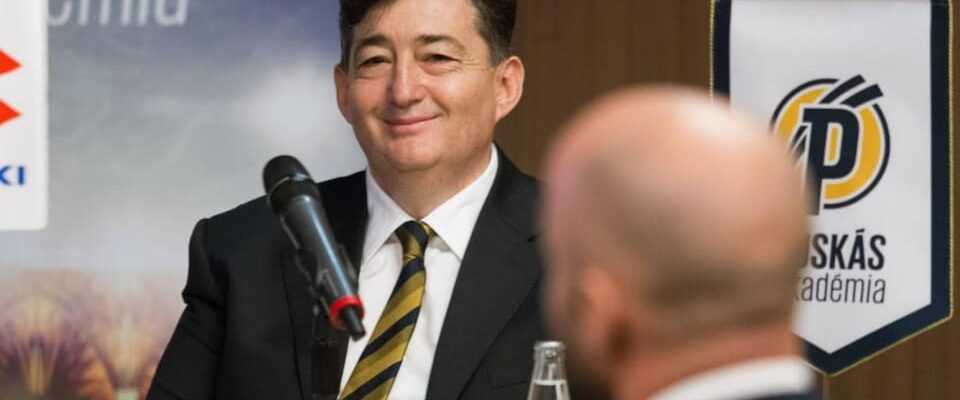contents
Orban’s main accusation is that his opponents are corrupt. However, it is not Orban himself who has become suspiciously rich in recent years, but other family members.
“I’m not from the elite. I come from a small village.” Hungary’s Prime Minister Viktor Orban emphasizes this at every opportunity. His demonstrative modesty also includes his declared fortune: half a house in Budapest, a whole one in his home village.
If you look at the Orban family, however, a different picture emerges. Investigative journalist Babett Oroszi shows an aerial view of a mansion that Orban’s father is currently remodeling. The property is declared as a farm. But here, spread over seven buildings and well protected from view, a large library, an underground garage, an artificial lake, chapel and clubhouse are being built.
State orders for father’s gravel works
Estimated cost: 30 million francs. How can Orban’s father afford that? This question has plagued Oroszi and other investigative journalists for years. It took a lot of work to find out how Orban’s father’s gravel plant is involved in public contracts, although the prime minister has consistently said his family does not benefit from the state.
Sandor Lederer from K-Monitor, an organization financed by Google, which collects reports on corruption in Hungary, has an overview of research into Orban’s family. According to this, entrepreneurs close to the government used Orban’s father’s company as a supplier for public construction contracts.
Legend:
From gas fitter to the richest man in Hungary: Orban’s friend Lörinc Meszaros.
imago images
Orban’s father supplies stones or concrete elements for roads and railway lines – even though his prices are often higher than those of the competition. It seems the company’s proximity to the prime minister is worth the higher prices. The high margins bring big profits. The investigative platform Direkt36 has shown that Orban’s father’s company is unusually profitable for the industry.
A fortune for street lamps
It is also unusual for the company to pay almost all of its profits to shareholders. If you add up how much has ended up in Orban’s father’s account in recent years, you get an approximate estimate of the cost of converting the property.
The EU sees such processes as examples of corruption and therefore wants to withdraw funds from Hungary. “A big misunderstanding,” says pro-government political scientist Andras Lanczi, who until last year was rector of Hungary’s most important business university. What the West calls corruption is a “well thought-out economic policy”.
Politics based on clientelism
Orban wants to create a patriotic economy – with its own business elite. But why does this elite have to consist exclusively of entrepreneurs who are close to the head of government?
Lanczi asks a counter question: “Can you trust someone who could turn against you politically?” No politician can afford that. Political and economic power must go hand in hand. In addition, previous governments would have taken care of their clientele.
Can you trust someone who might turn against you politically?
“That’s true,” says anti-corruption activist Lederer. But corruption has never been as much a part of the system in Hungary as it is today. And never before has a government smuggled so much wealth to its own clientele. Oroszi, the investigative journalist, will continue to monitor what is happening around Viktor Orban’s father’s mansion.
She dreams of one day photographing the head of government there sunbathing on the terrace. And to snatch his cloak of modesty from him.
